Hematology
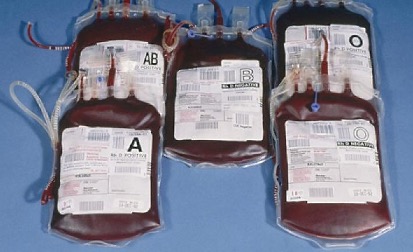
Blood Bank NAT-Based Assay Prevents Transfusion-Transmitted Malaria
Blood transfusion is an essential component of health care, which saves millions of lives across the world. The screening of blood donors for transfusion-transmissible agents is crucial in reducing risks of transfusion of infected units. More...20 Aug 2020
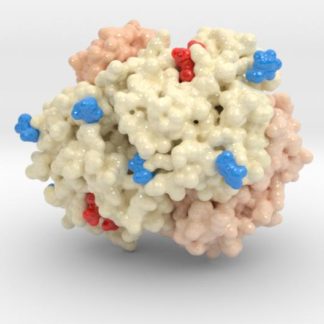
Elevated Glycolated Hemoglobin in Young People Predicts Likelihood of Diabetes or Cardiovascular Disease in Adulthood
A review of blood test results from more than 14,000 young people suggested that measurement of glycated hemoglobin (HbA1c) was a specific and useful nonfasting marker for identify high-risk youth who could benefit from lifestyle interventions to prevent diabetes and cardiovascular risk in adulthood. More...19 Aug 2020

High Blood Glucose Tied to Cardiovascular Risk in Diabetes
Glycated hemoglobin (HbA1c) is a measure of an overall picture of what the average blood sugar levels have been over a period of weeks/months. If the blood sugar levels have been high over recent weeks, the hemoglobinA1c test will be higher. More...14 Aug 2020
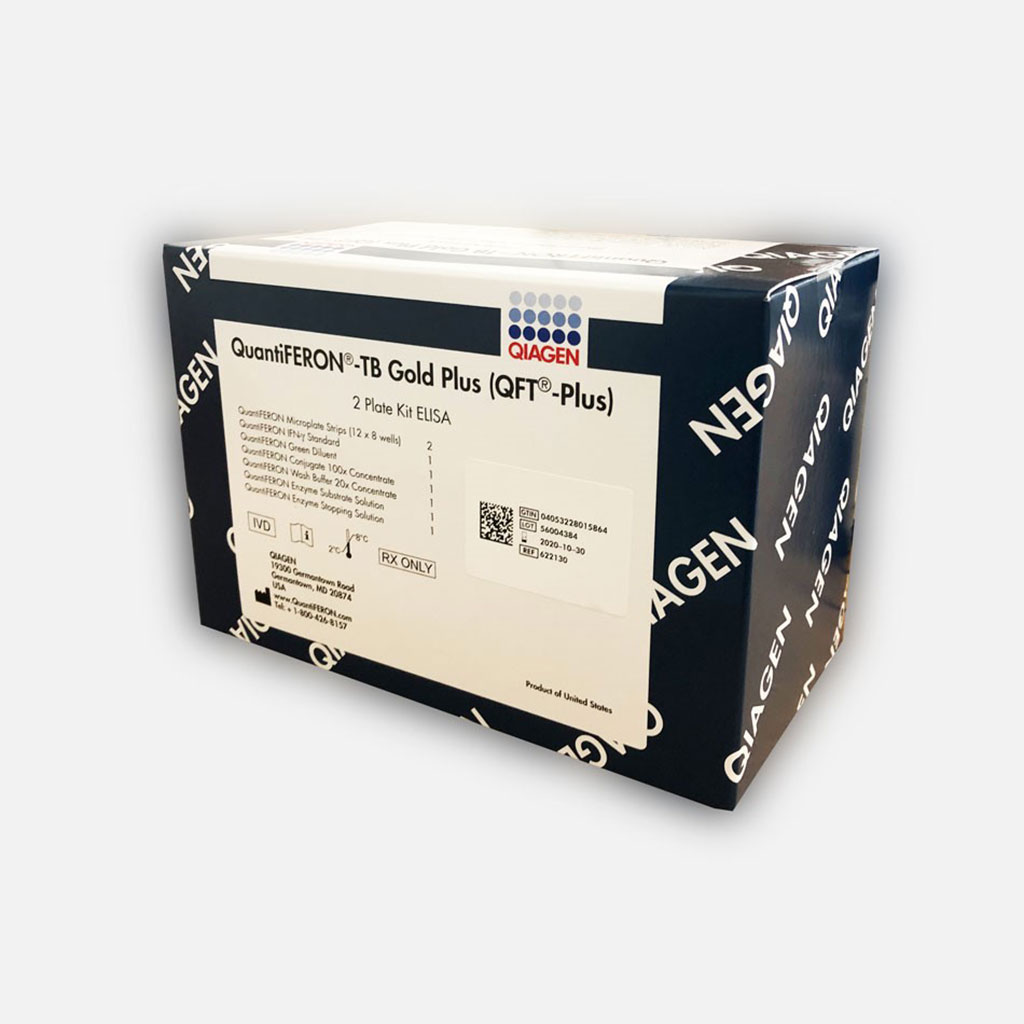
IFN‐γ Release Assay Helps Diagnose Hemophagocytic Lymphohistiocytosis
Hemophagocytic lymphohistiocytosis (HLH), either primary (pHLH, or Familiar, FHL) or secondary is a life‐threatening hyper‐inflammatory syndrome, characterized by massive and uncontrolled activation of macrophages and T cells, causing fever, cytopenia and liver dysfunction with coagulopathy. More...14 Aug 2020
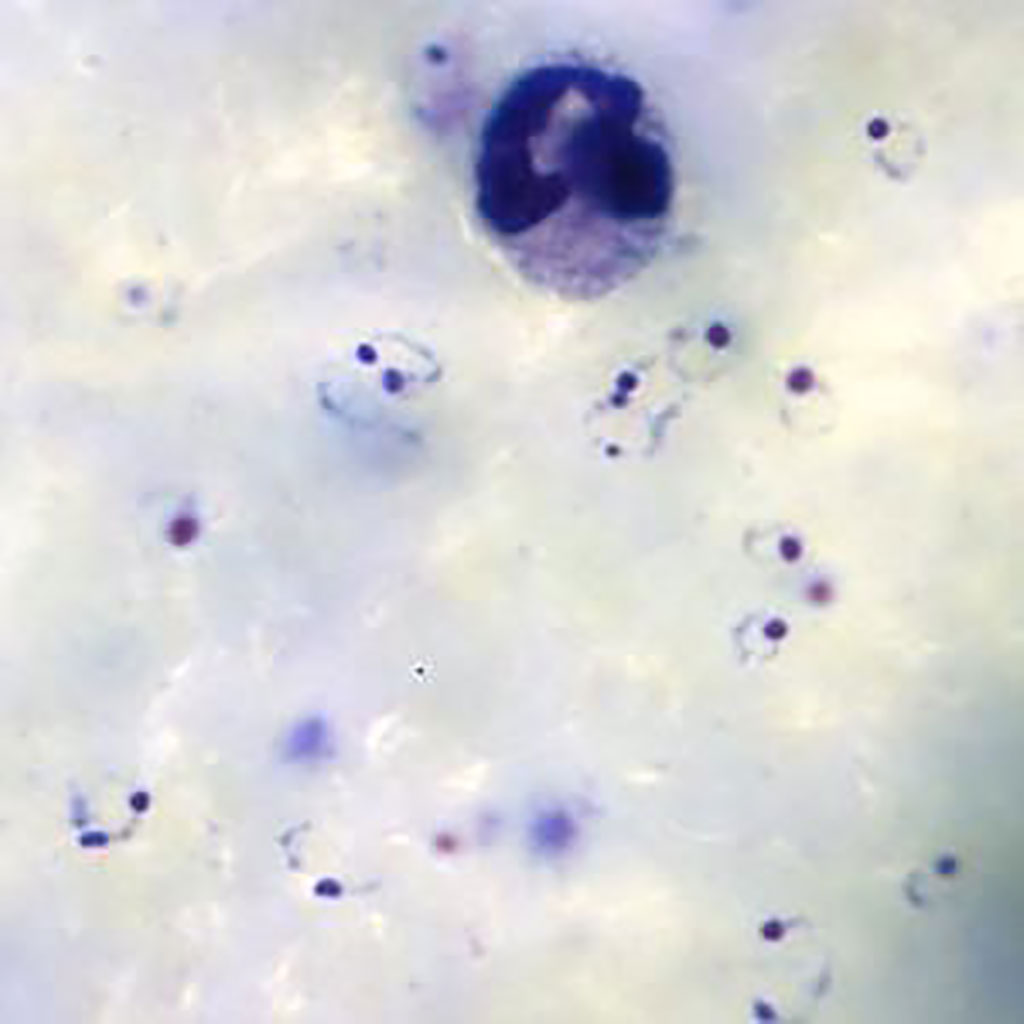
Automated Malaria Diagnosis Enhanced by Deep Neural Networks
Plasmodium falciparum malaria remains one of the greatest global health burdens with over 228 million cases globally in 2018. In that year there were approximately 405,000 deaths due to malaria worldwide, with the African region accounting for 93% of these deaths, mostly among children. More...14 Aug 2020
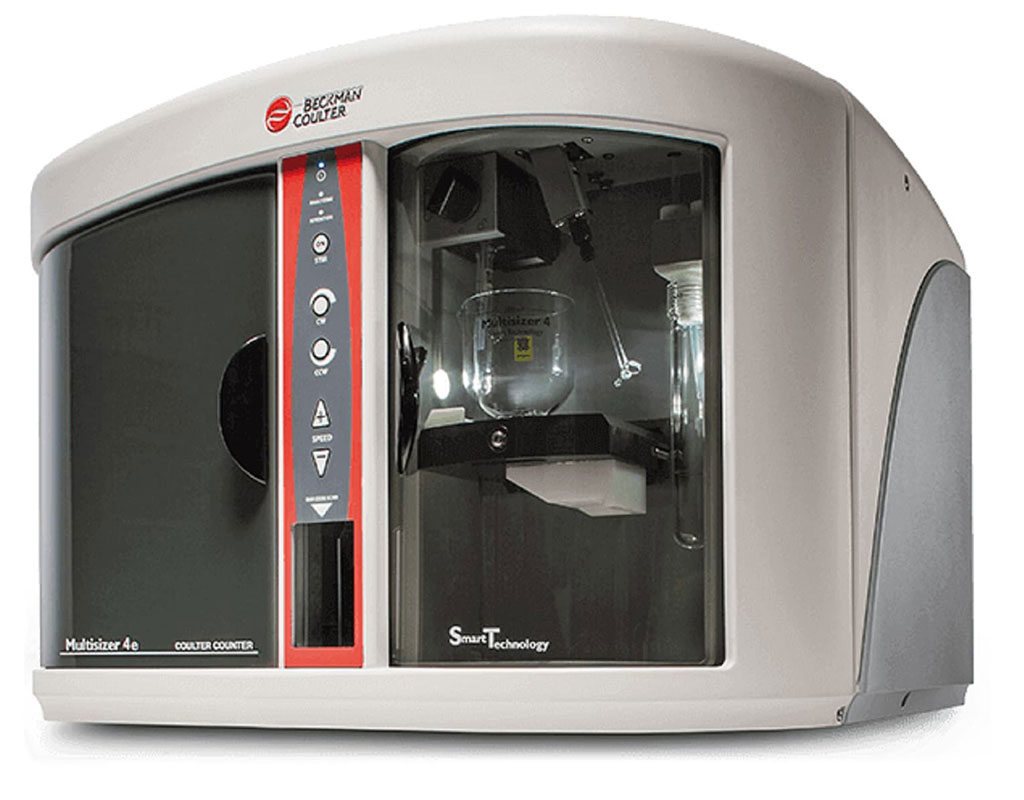
Eosinophil Count Provides Diagnostic Information for COVID-19
Early diagnosis of coronavirus disease 2019 (COVID-19) and patient isolation are important for both individual patient care and disease containment. The diagnosis is confirmed by testing for the presence of nasopharyngeal viral RNA with a polymerase chain reaction assay, which has limited availability, variable turnaround time, and a high false-negative rate. More...29 Jul 2020
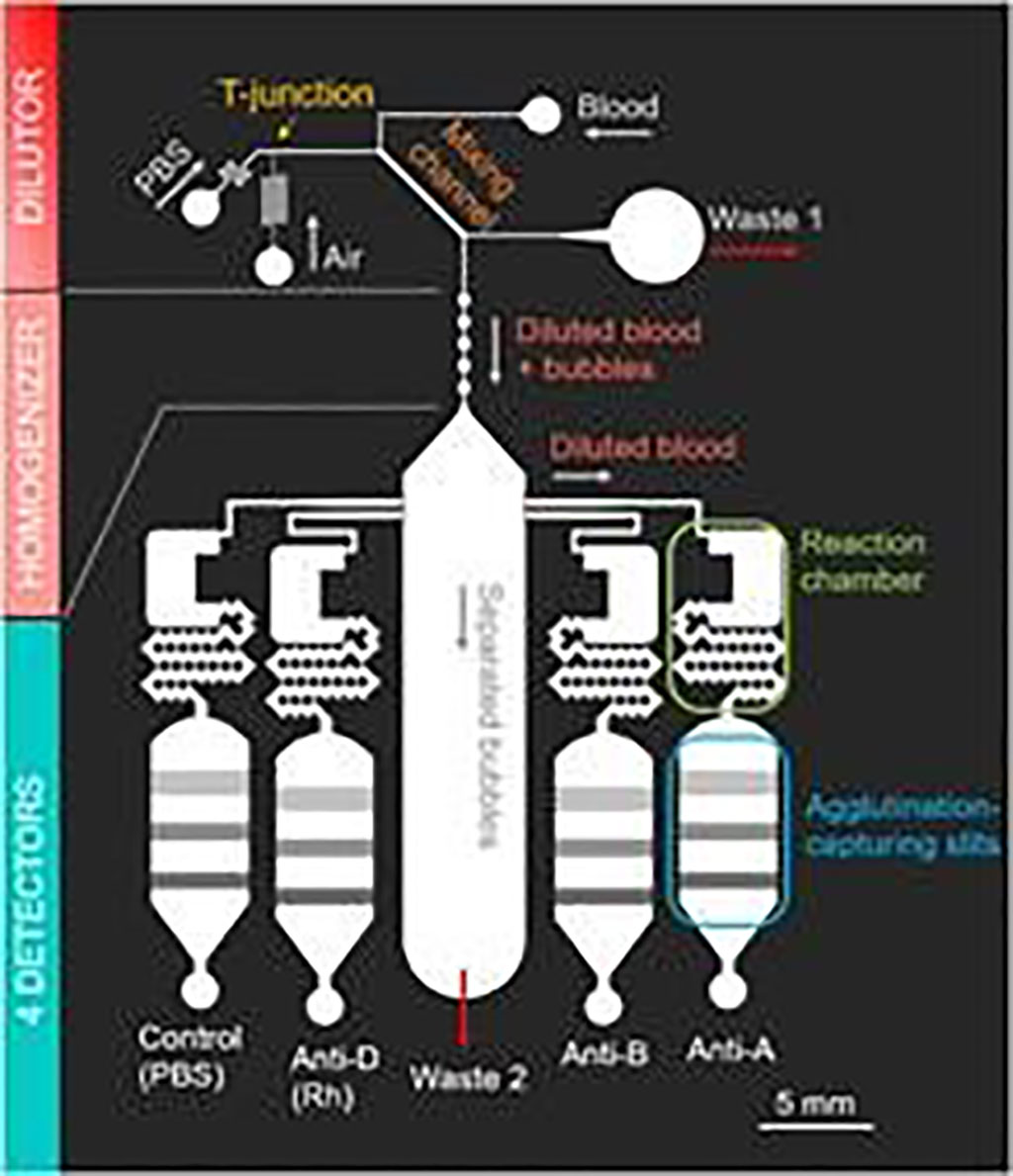
Micro-Lab on a Chip Detects Blood Type Within Minutes
Blood transfusion, if performed promptly, is a potentially life-saving intervention for someone losing a lot of blood. However, blood comes in several types, some of which are incompatible with others. Transfusing an incompatible blood type can severely harm a patient. More...27 Jul 2020
In Other News
Endotheliopathy Assessed in COVID-19-Associated Coagulopathy
COVID-19 Patients with Lymphocytopenia Are Likely to Suffer Severe Disease Symptoms
Immunogenomic Landscape of Hematological Malignancies Mapped
Clonal Hematopoiesis of Indeterminate Potential Associated with hsC-Reactive Protein
Novel Device Compared to Thromboelastography for Clotting Defects
Diagnostic Assay Developed for Unclassified Severe Combined Immune Deficiency
Detection Rate of Monoclonal Gammopathy of Undetermined Significance Determined
Serum Mir‐22 Prognostic Marker Explored for Acute Myeloid Leukemia
Tortuosity-Powered Microfluidic Device Assesses Thrombosis
Cord Blood Transplants May Outperform Matched Sibling Donors
Thromboelastography Identifies Undetected Blood Clots in COVID-19 Patients
Streamlined Assay Improves Prenatal Detection of Alpha-Thalassemia
Biomarkers Evaluated in Children with Community-Acquired Pneumonia
Smartphone-Based Technique Helps Doctors Assess Hematological Disorders
Soluble Transferrin Receptor Investigated in Iron Deficiency Anemia
Microcytosis Is a Risk Marker of Cancer in Primary Care
Lupus Anticoagulant Prolongs Activated Partial-Thromboplastin Time in COVID-19
Immune Microenvironment Changes Contribute to Early-Stage Multiple Myeloma
Blood Clotting Causes Significant Mortality in COVID-19 Patients
Physiological Mechanisms Underlying Prevalent Pediatric Leukemia Discovered
Human NK Cells Identified by Single-Cell RNA Sequencing
Functional Comparison of Different Tubes for Isolating Mononuclear Cells
Complete Blood Count Predicts Asymptomatic Preterm Birth
The Hematology channel at LabMedica covers the all aspect of plasma, coagulation, transfusion medicine, and blood banking, as well as related lab tools and techniques.










